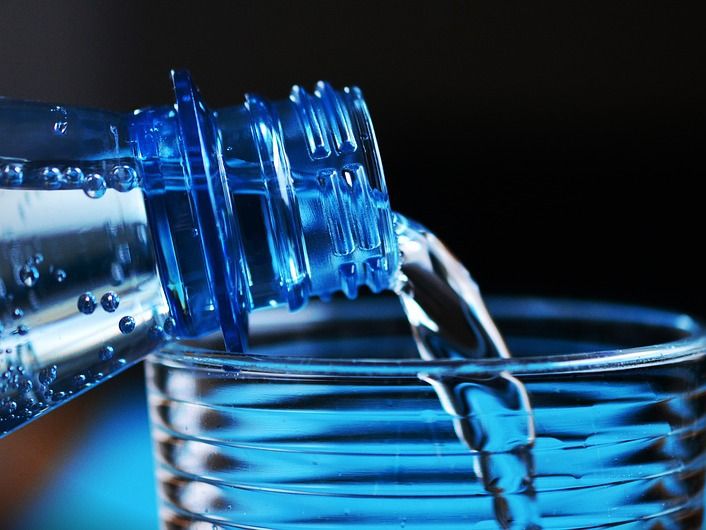Trending: Fibre water
Advertisement
Fibre infused water has started to emerge in the global beverage marketplace, particularly with leading beverage companies introducing fibre water into their product mix. According to Mintel Global New Products Database (GNPD), water launches featuring the ‘high/added fibre’ claim grew by more than 200% in the last year (albeit from a small base)—and Asia Pacific accounted for the largest share of these launches.
Beverage giants such as The Coca-Cola Company have entered the market; an example includes Chun Yue’s Flavoured Fibre Water which was launched in China in 2018. In the Philippines, bottled water producer Philippine Spring Water Resources launched in 2018 its Nature’s Spring Fibre Water which contains purified water and wheat dextrin—an ingredient said to help maintain a healthy digestive system.

symbol image
congerdesign/ Pixabay
Digestive health comes into focus in Asia
In Asia, there is opportunity for companies to tap into consumers’ interests in improving their digestive health. Mintel research reveals that over a quarter of Chinese consumers have digestive problems such as indigestion, while almost half of urban Indonesians turn to functional food and drink to aid with digestion.
Fiberwater’s Blackcurrant Fiber Drink, Malaysia
This product is high in fibre and free from sugar and fat. According to the manufacturer, fibre helps maintain a good intestinal environment.
Chun Yue’s Flavoured Fibre Water, China
Each bottle contains 7.2g of added dietary fibre. It also contains zero sugar and is said to boost energy.
Positioning fibre water as a ‘fat-blocker’
Fibre water brands are targeting mealtime occasions. The marketing materials created for Chun Yue’s Flavoured Fibre Water, for example, features an image of a full meal and the drink itself along with a tagline that enlightens consumers that they can eat without worrying about their waistlines as long as they have the drink along with a full meal, implying the product’s fat absorption benefits.
Indigestible dextrin, also found in Coca-Cola Plus which launched in Japan, is supposedly said to suppress fat absorption and help moderate levels of triglycerides in the blood after eating. Coca-Cola Plus is approved as a Food for Specified Health Use (FOSHU) in Japan; FOSHU refers to foods that contain functional ingredients with particular proven beneficial effects. Under FOSHU, dextrin is said to modify gastrointestinal conditions.
As such, fibre water can be positioned as a drink with satiety benefits for weight-watchers to help with weight management, portraying the product as an ideal beverage to go along with a meal.
Using fibre to suppress hunger
Apart from FOSHU in Japan, there are no food regulations in other parts of Asia Pacific that warrant an official health claim linking fibre consumption with fat absorption, satiety, weight management and other health benefits.
Fibre water can still stand to benefit from demand for food options that provide satiety and have a hunger-suppressing effect, attributes that are typically provided by fibre. In fact, Mintel research shows that Indonesians and Thais use functional food and drink to keep them fuller for longer.
Worldwide, consumers are concerned with getting enough fibre in their diets. In China, over a third of parents are interested in children’s food and drink that carry a ‘rich in dietary fibre’ claim. In this light, opportunities exist for brands to pay attention to the ‘high/added fibre’ claim.































































